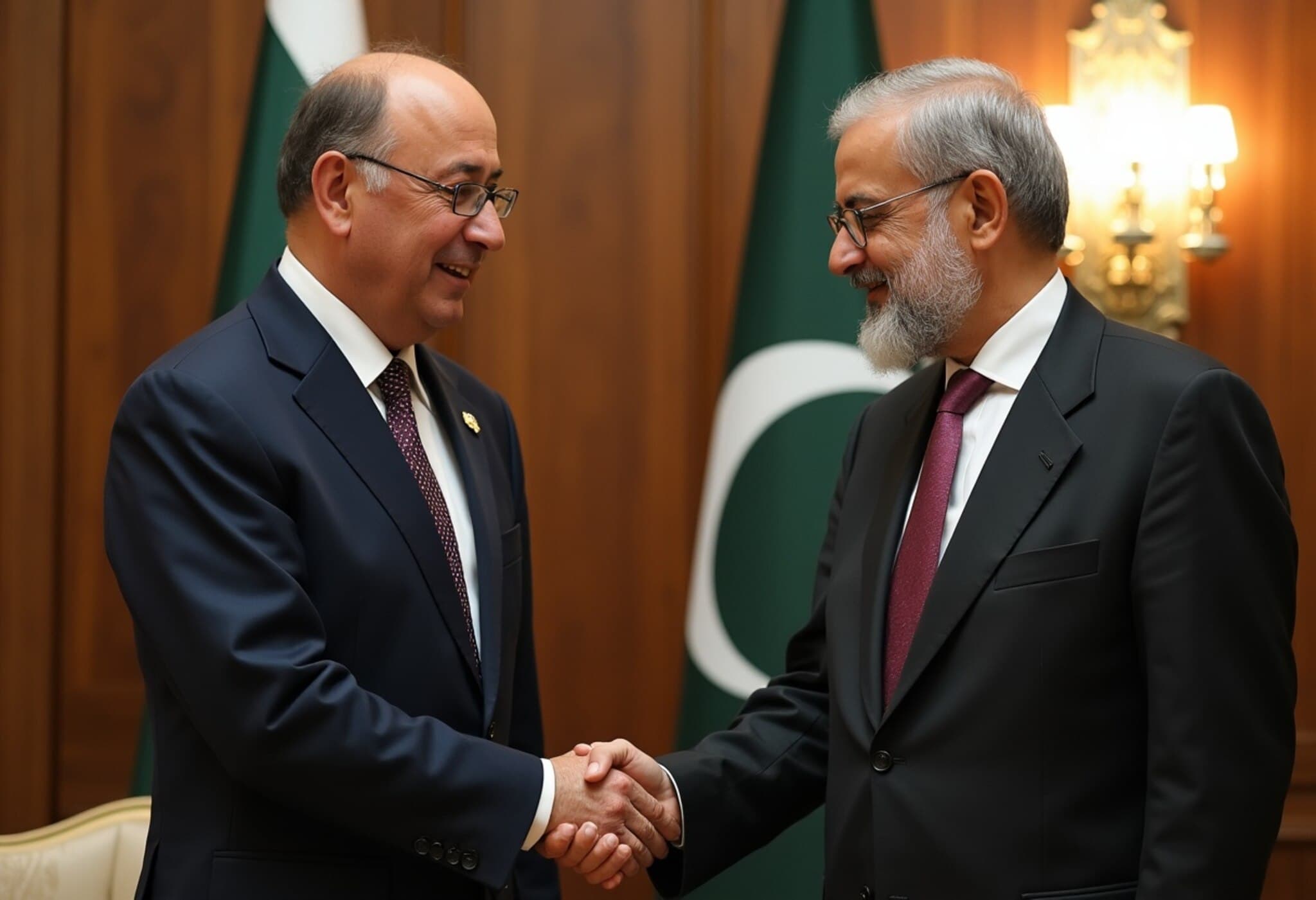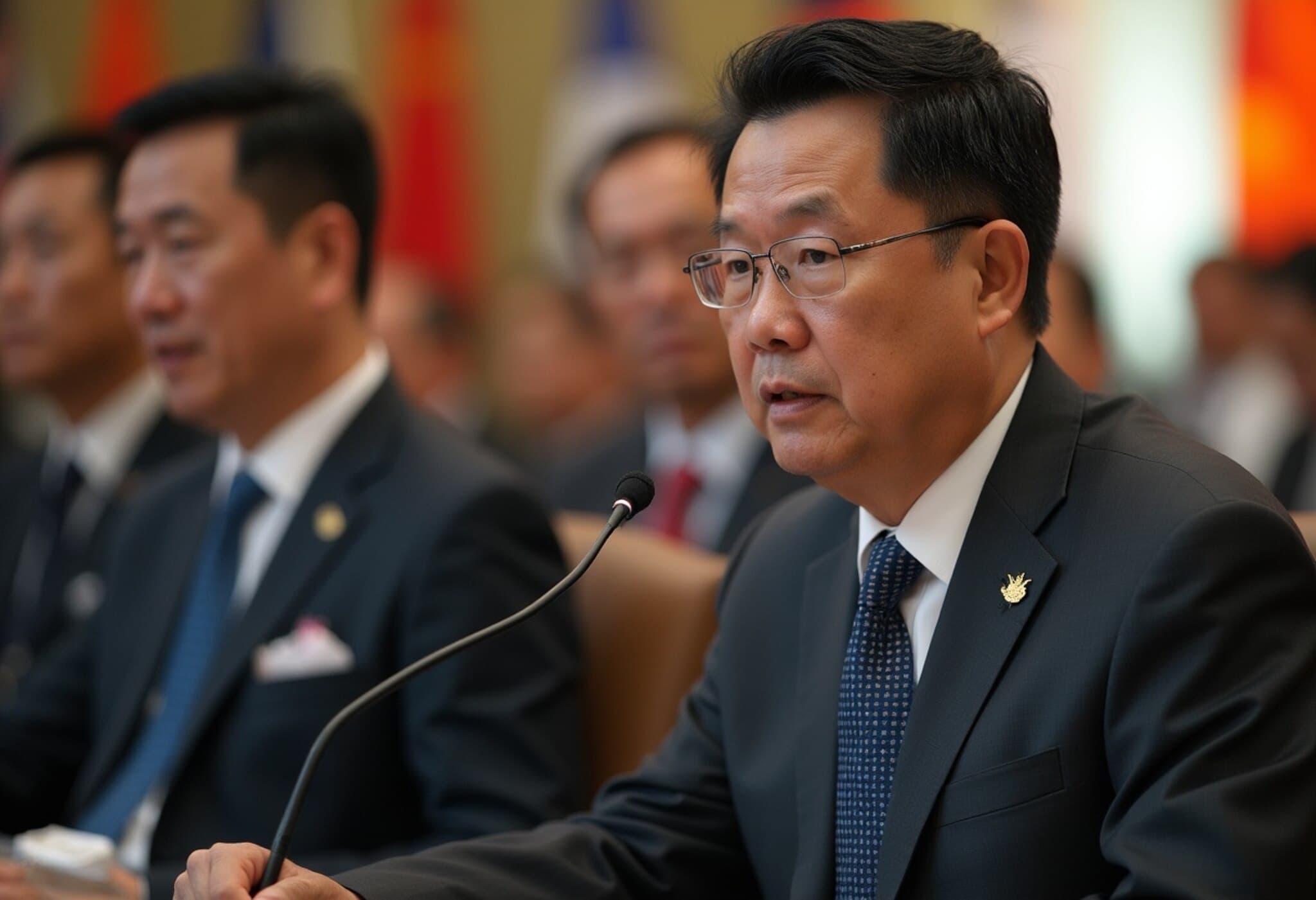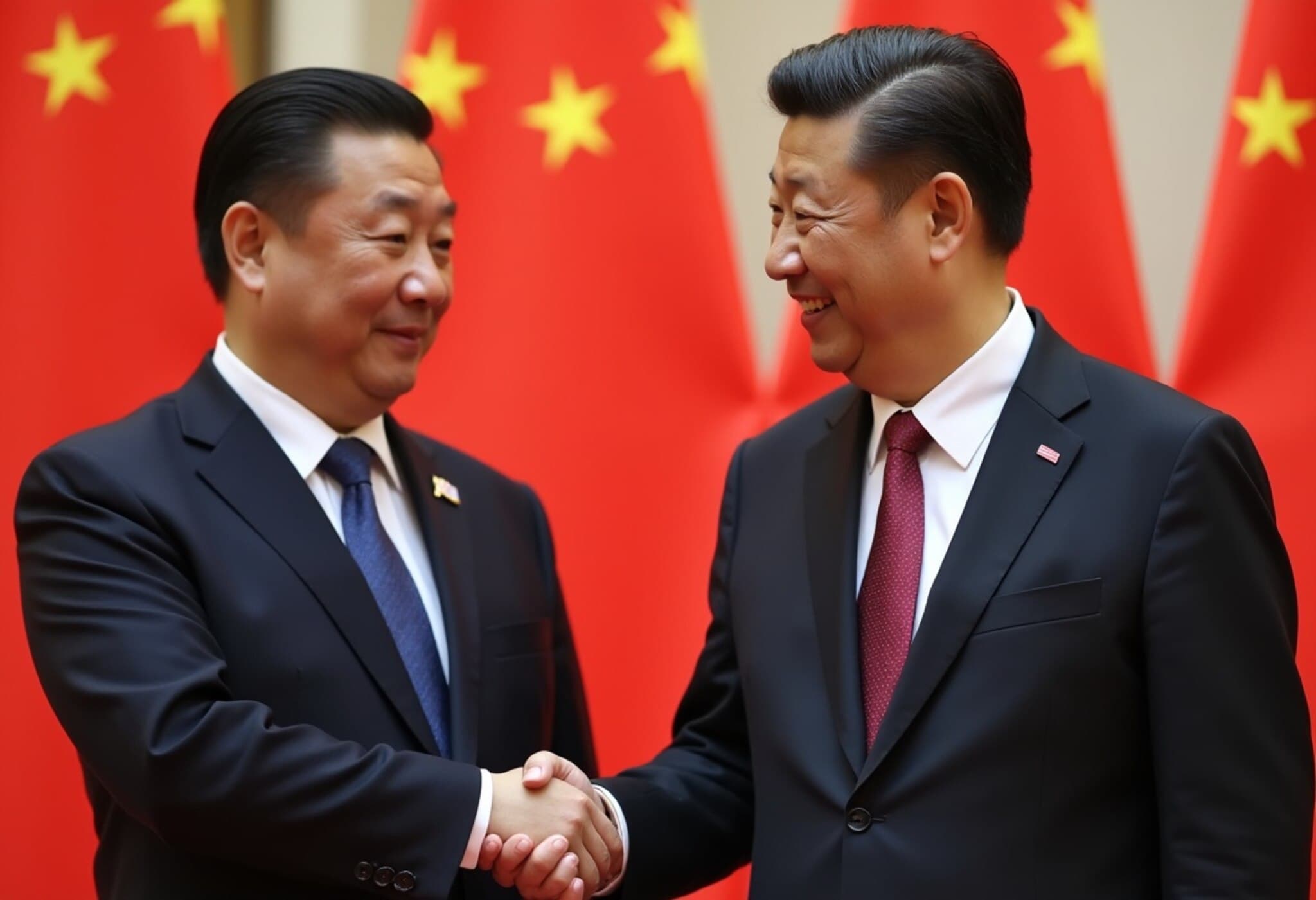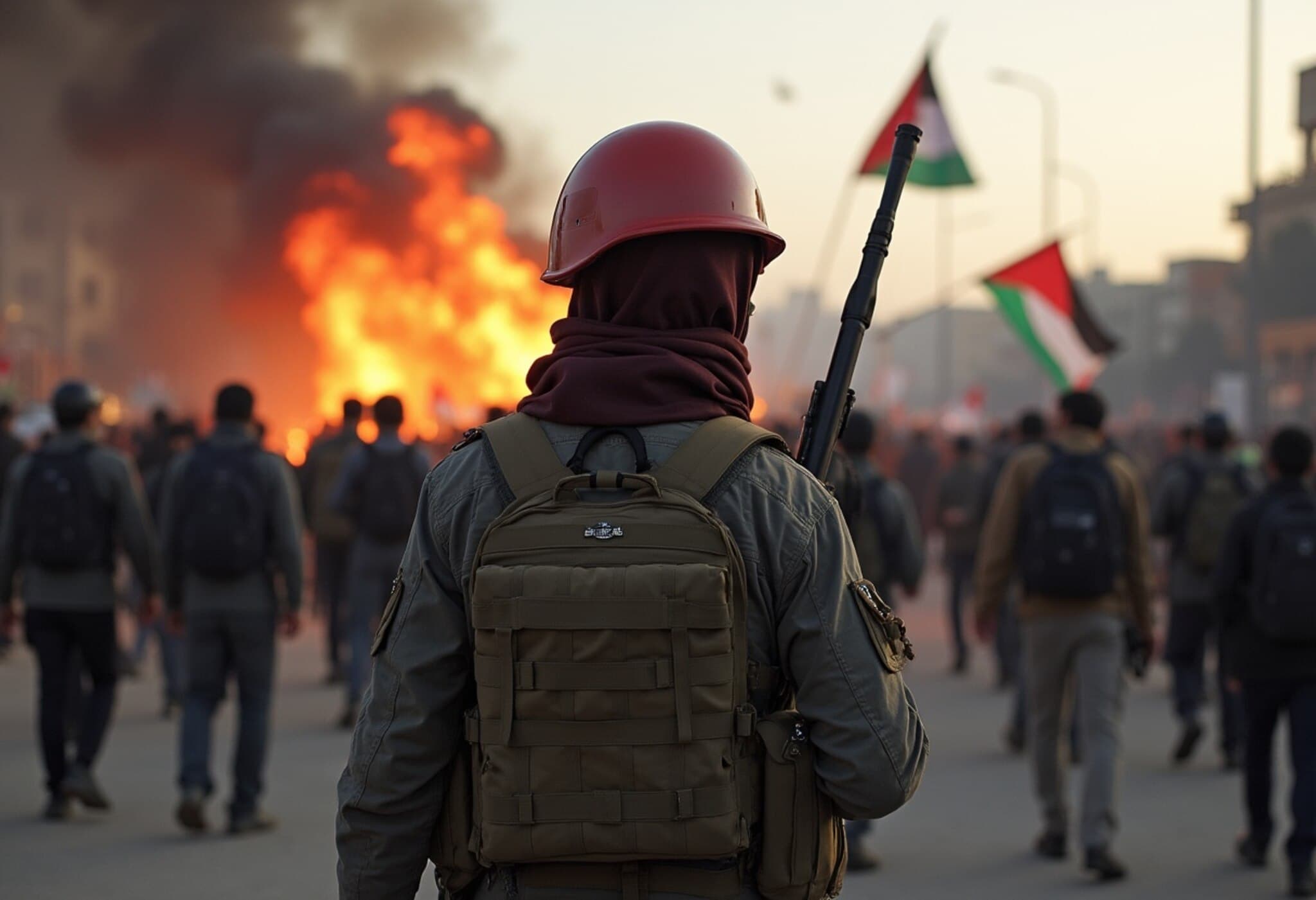Azerbaijan Launches Legal Battle Against Russia Over December 2023 Plane Crash
In a move that underscores escalating tensions and a demand for accountability, Azerbaijan has announced plans to take Russia to international court over the downing of Azerbaijan Airlines Flight 8243. The tragic incident, which occurred on December 25, 2023, claimed the lives of all 38 passengers and crew on board as the aircraft flew from Baku to Grozny, near Kazakhstan's Aktau city. President Ilham Aliyev signed off on the decision publicly on July 20, 2025, citing what he described as Russia’s stalling tactics and insufficient cooperation in investigating the crash.
Fatal Flight and Immediate Aftermath
Just three days after the crash, President Aliyev asserted unequivocally that Russia was responsible: "We can say with complete clarity that the plane was shot down by Russia. We are not saying it was intentional, but it was done," he said. This public declaration came amid a broader pattern of strained relations and regional security challenges linked to Russian military activity.
Investigation Deadlock: Seven Months, No Answers
Despite the gravity of the incident and international concern, Azerbaijan’s government reports little progress. President Aliyev lamented the ongoing investigative impasse, explaining that Azerbaijan's prosecutor general reached out to Russia's Investigative Committee but received only vague updates that the "investigation is ongoing." Highlighting the lack of meaningful dialogue, Aliyev called Russia’s position counterproductive and indicated a firm stance by preparing an exhaustive legal dossier for future international litigation.
Drawing parallels to the protracted and complex probe into Malaysia Airlines Flight MH370, he emphasized Azerbaijan’s willingness to persevere: "We are ready to wait ten years, but justice must win," Aliyev affirmed, framing the pursuit as a matter of principle and regional justice.
The Stakes: Demands for Admission, Prosecution, and Compensation
President Aliyev spelled out four nondisputable demands from Russia:
- Official admission of its role in downing the flight
- Prosecution of individuals responsible for firing the missile
- Compensation to the grieving families of the victims
- Financial reparations to Azerbaijan Airlines (AZAL) for the loss
This clarity echoes a rarely seen public call for accountability from Moscow regarding incidents involving civilian casualties, signaling Azerbaijan’s insistence on justice and transparency.
Expert Perspective: Implications for Regional Security and International Law
The downing raises profound questions about airspace safety in conflict-adjacent regions and the responsibilities of states operating advanced military hardware near civilian traffic corridors. International legal experts note that filing such a lawsuit could reset benchmarks for how states are held accountable in multilateral aviation and humanitarian law frameworks.
Moreover, from a geopolitical standpoint, this confrontation adds another layer of complexity to Russia-Azerbaijan relations, which already juggle energy diplomacy and the sensitive Nagorno-Karabakh conflict aftermath.
Looking Forward: Waiting for Justice or Protracted Standoff?
The international community watches closely as Azerbaijan embarks on this legal journey — a test case for accountability amid lingering fogs of conflict and military miscalculations. The outcome will likely set precedents for how smaller states can seek justice from larger powers when civilian tragedies occur.
Editor’s Note
The decision by Azerbaijan to pursue international legal action against Russia over Flight 8243 highlights the persistent challenges in enforcing accountability when civil aviation intersects with military operations. It raises critical questions about the mechanisms available to victims' families and nations to seek redress and the patience required in international investigations. As this story unfolds, observers should watch both the legal strategies employed and the larger diplomatic reverberations that could reshape regional security dynamics.











